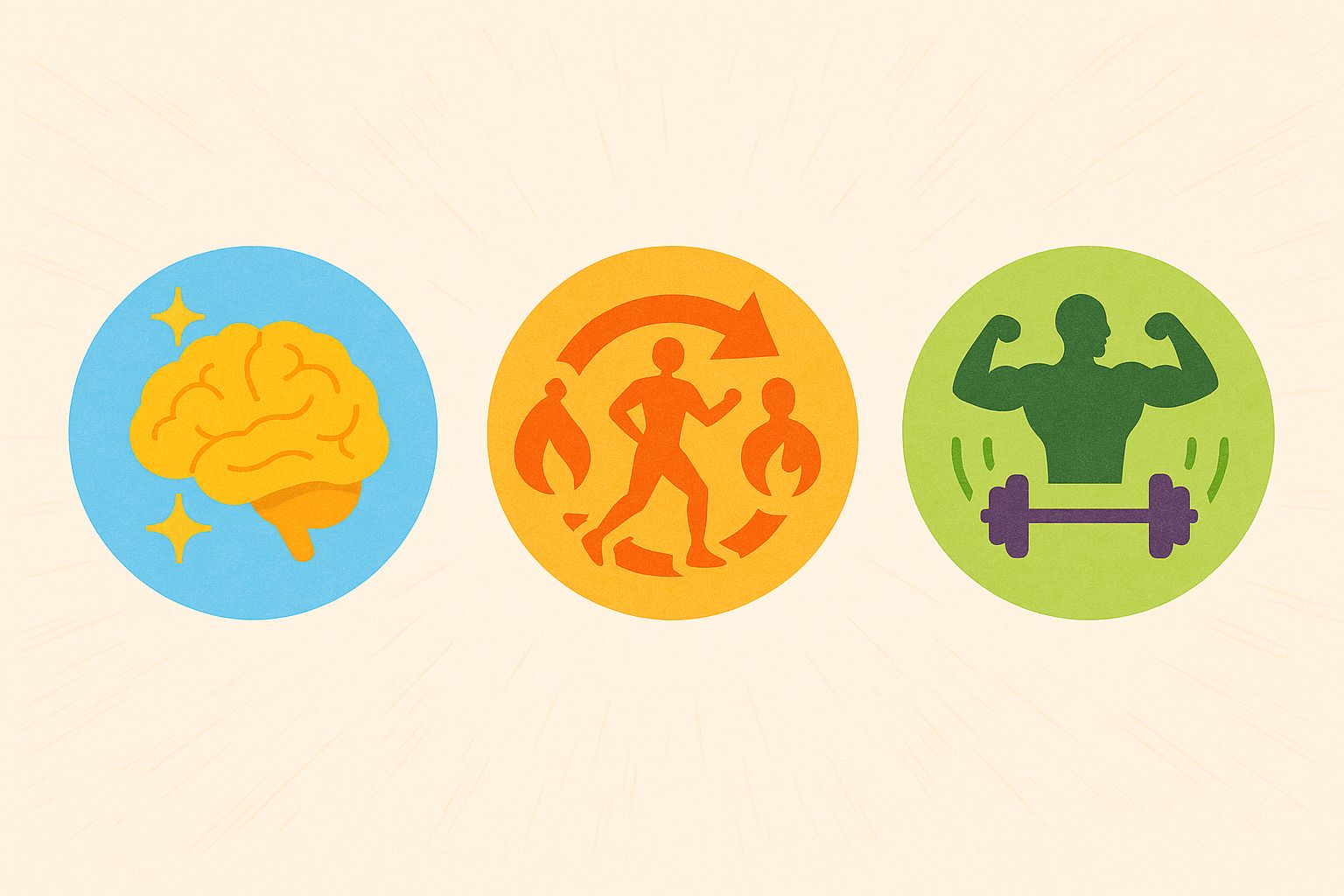Benefits of caffeine use - what are the effects?

Caffeine is the main ingredient in the very healthy drink that is coffee. Coffee and caffeine used to have a reputation as harmful stimulants, but the results of numerous scientific studies say otherwise and reveal the immense benefits of including them in one's menu. Caffeine in the form of a dietary supplement also has interesting properties, mainly for athletes, people who work mentally and those who struggle with excess pounds. So let's have a little overview of the most important properties of caffeine.
Benefits of caffeine use
Moderate consumption of caffeine can bring many benefits, and some are felt immediately. Let's check out the health benefits of caffeine.
Instant reduction of drowsiness and mental boost
Caffeine has a unique property - it blocks the activity of the neurotransmitter that causes drowsiness (adenosine). Due to the similarity of the structures of the two substances, caffeine attaches to adenosine receptors in the brain and simply takes its place. Indirectly in this way, caffeine influences a greater release of excitatory neurotransmitters: norepinephrine and glutamate, and partly dopamine.
Metabolic support
Particularly high doses of caffeine affect several metabolic processes that can support weight loss. Not surprisingly, caffeine is the main and most common ingredient in fat burners. Caffeine increases HSL (hormone-dependent lipase) activity. This happens by inhibiting the activity of phosphodiesterases, thereby increasing the availability of cAMP in cells. This whole cascade of events results in more efficient lipolysis and release of fatty acids from stored fat in the body.
Improved sports performance
The ergogenic effects of caffeine are well known among athletes. Taking caffeine before a workout effectively enhances training performance and allows you to generate a stronger training stimulus - to train faster, harder or longer. This happens both by delaying the sensation of fatigue and by affecting intracellular calcium, among other things. Thus, caffeine affects the production of nitric oxide (better delivery of nutrients to the muscles) and can modulate neuromuscular function and influence the strengthening of muscle contraction.
Mood enhancement
When caffeine enters the brain, it triggers a whole cascade of biochemical events. It affects the activity of many neurotransmitters that influence mood. Many of us can perfectly feel this effect in practice, making our day more pleasant with a cup of coffee. As long as caffeine is not abused and used in low to moderate daily doses, itseffect on mood is noticeable for a long time.
Prevention of neurodegenerative diseases
Many preclinical and clinical studies have analyzed the effects of caffeine on Parkinson's and Alzheimer's diseases. These have addressed both the use of caffeine during the course of the disease to relieve symptoms and the effect of caffeine use on prevention. In both cases, the effects were promising. Studies have shown that caffeine use noticeably reduces the risk of Alzheimer's and Parkinson's, indicating its neuroprotective effects.
Who will benefit most from caffeine use?
It will definitely be athletes. Sports activities can benefit from the widest spectrum of caffeine's properties. What's more, the sensitivity to ergogenic (performance-enhancing) effects does not drop off as quickly as to energizing effects. Even with habitual use of caffeine, its effects on athletic performance are still noticeable.
The huge benefits of caffeine are also enjoyed by working people, and it makes no difference whether the work is physical or mental. Almost any type of professional activity can be supported by the effects of caffeine. It is worth remembering, however, that the best effects for mental clarity come from caffeine used only on an ad hoc basis, or when increasing the dose only before mental activity, and keeping the intake low on a daily basis.
Safe doses of caffeine
According to current recommendations for dietary supplements, a single serving of caffeine in a supplement should not be more than 200 mg. On the other hand, the amount of 400 mg should not be exceeded throughout the day.
Some people use larger doses throughout the day, although when this is practiced chronically, not everyone will tolerate it well. Larger doses are mainly chosen by people who have been drinking a lot of coffee for a long time and have reduced sensitivity to its effects, and sometimes by athletes looking for the strongest possible stimulus before training. Caffeine sensitivity decreases because with overexposure to caffeine, the number of adenosine receptors in the brain increases. When this happens, the same dose of caffeine is unable to produce the same effect as before.
Sources:
 ⮜ Previous article
⮜ Previous article
NAC and neurodegenerative diseases - what are the relationships?
 Next article ⮞
Next article ⮞